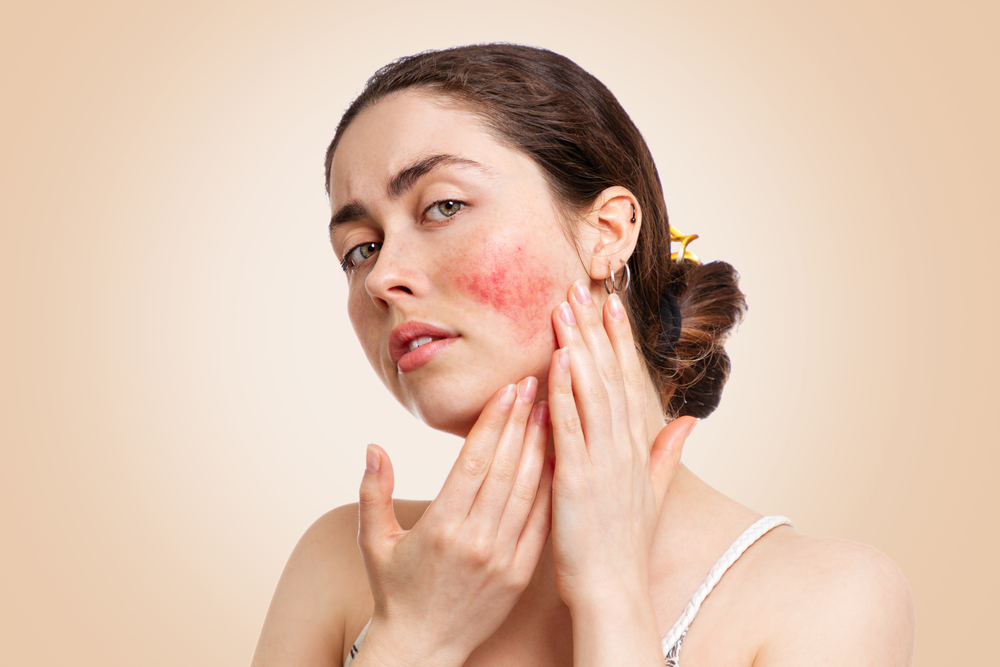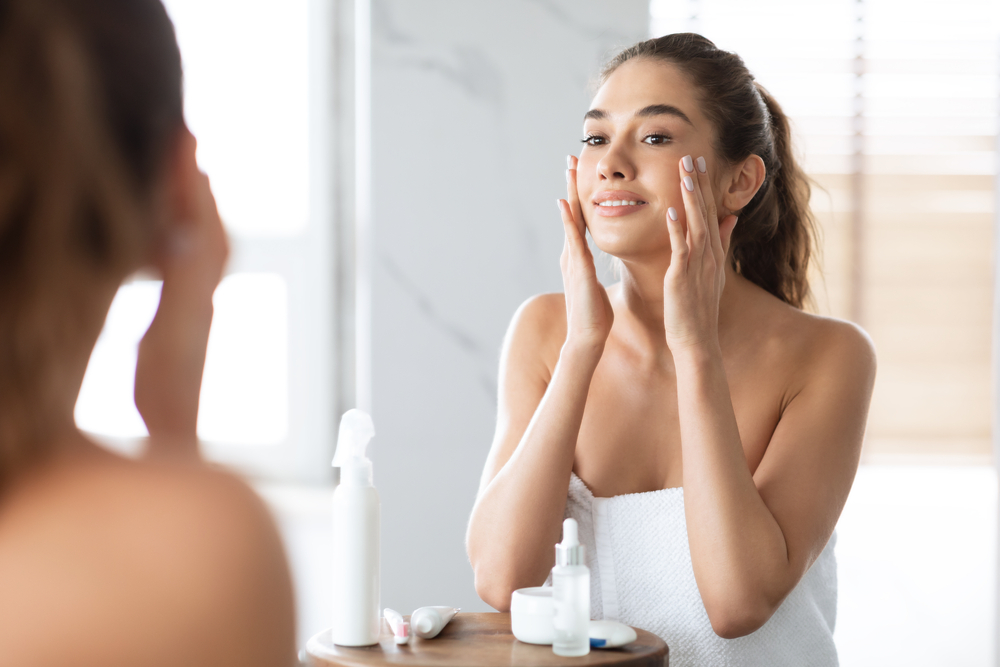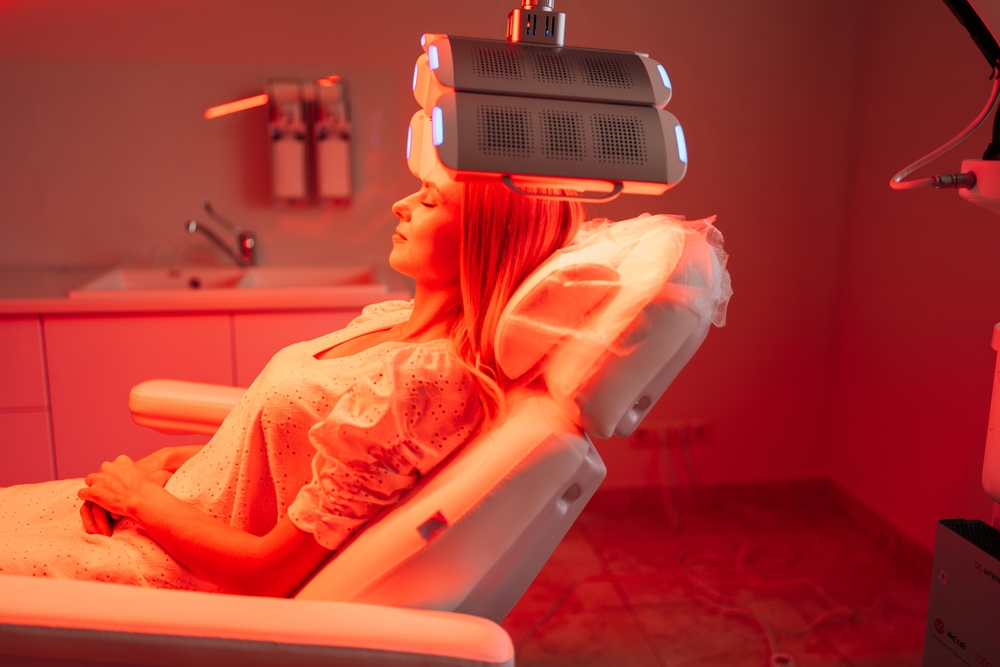Introduction:
Rosacea is a chronic skin condition that affects millions worldwide, causing redness, flushing, visible blood vessels, and in some cases, acne-like bumps. At Borealis
Dermatology, we understand the physical and emotional toll rosacea can have on individuals. In this blog post, we’ll delve into the various treatment options we offer to help manage and alleviate the symptoms of rosacea, restoring both confidence and comfort to our patients.
Comprehensive Assessment:
Every individual’s rosacea is unique, which is why our first step is always a thorough assessment. We take into account the patient’s medical history, skin type, triggers, and the severity of their condition to tailor a personalized treatment plan.
Topical Therapies:
Topical treatments are often the first line of defense against rosacea symptoms. Prescription creams and gels containing ingredients such as metronidazole, azelaic acid, or sulfur can help reduce redness and inflammation.
Oral Medications:
For more moderate to severe cases of rosacea, oral medications may be prescribed. Antibiotics like doxycycline or isotretinoin can help control inflammation and reduce the frequency of flare-ups.
Laser Therapy:
Laser and light-based therapies are highly effective in targeting visible blood vessels and reducing redness associated with rosacea. Our office offers advanced laser treatments that precisely target affected areas while minimizing damage to surrounding skin.
Intense Pulsed Light (IPL) Therapy:
IPL therapy utilizes multiple wavelengths of light to target the blood vessels responsible for the redness and flushing associated with rosacea. This non-invasive treatment can provide significant improvement with minimal downtime.
Skincare Recommendations:
Proper skincare is essential for managing rosacea. We provide our patients with gentle cleansers, moisturizers, and sunscreens suitable for sensitive skin.
Avoiding harsh ingredients and abrasive exfoliants can help prevent irritation and flare-ups.
Lifestyle Modifications:
Identifying and avoiding triggers such as spicy foods, hot beverages, alcohol, and extreme temperatures can help minimize flare-ups. Stress management techniques, such as yoga or meditation, may also be beneficial in reducing rosacea symptoms.
Ongoing Support and Follow-Up:
Managing rosacea is an ongoing process, and our office is committed to providing continuous support to our patients. We schedule regular follow-up appointments to monitor progress, adjust treatment plans as needed, and address any concerns or questions.
Living with rosacea can be challenging, but with the right treatment approach, it is possible to effectively manage the symptoms and improve the overall quality of life. At Borealis Dermatology, we offer a comprehensive range of treatments tailored to each patient’s unique needs, helping them achieve clearer, calmer skin and renewed confidence. If you or someone you know is struggling with rosacea, don’t hesitate to reach out and schedule a consultation with our experienced team. Your journey to healthier skin starts here.






